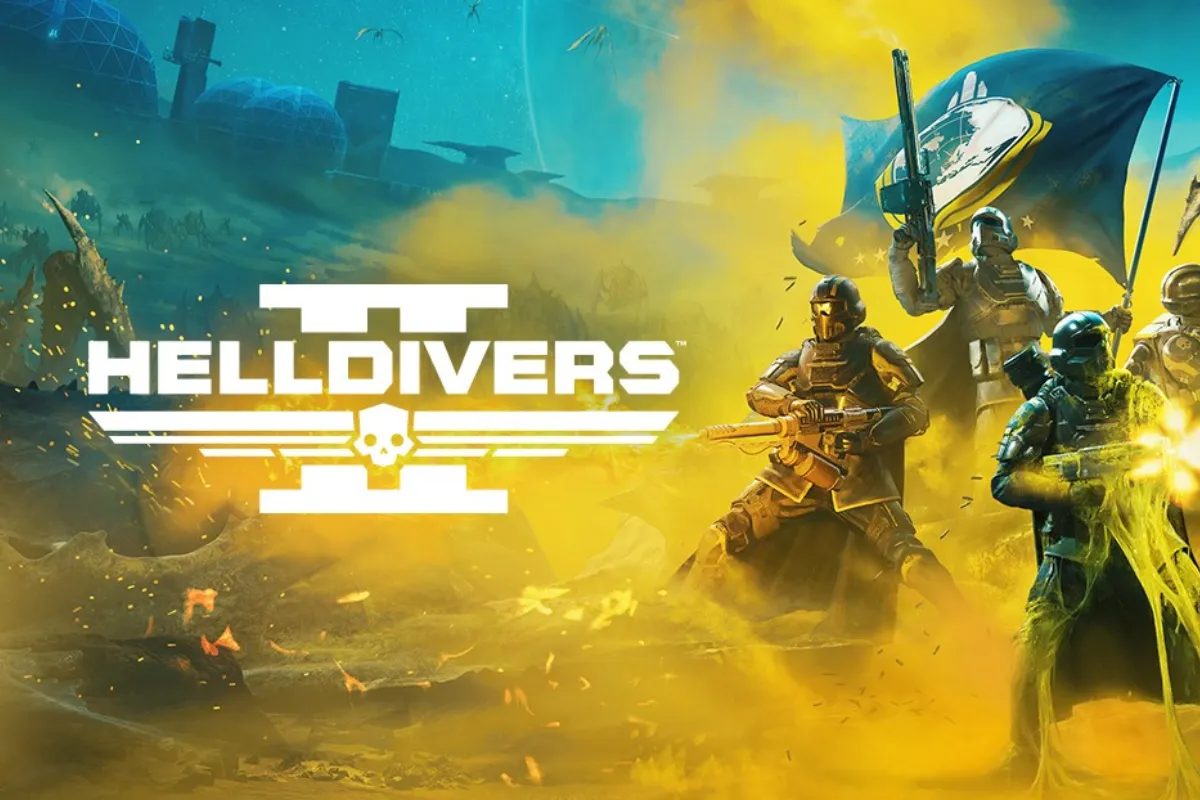The gaming community was recently rocked by controversy surrounding Helldivers 2, a highly anticipated sequel to the popular cooperative shooter game.
Reports emerged that PC players of Helldivers 2 were required to integrate their PlayStation Network (PSN) IDs with their Steam accounts to continue playing the game.
This mandate from developer and publisher Sony Interactive Entertainment (SIE) triggered widespread backlash among PC gamers, raising concerns about data privacy, corporate control, and platform exclusivity.
In this article, we’ll delve into the details of the Helldivers 2 mandate, explore the reactions from the gaming community, and analyze the broader implications for the gaming industry.
Overview of Helldivers 2:
Brief Introduction: Helldivers 2, the sequel to the critically acclaimed cooperative shooter game, was eagerly anticipated by gamers worldwide for its immersive gameplay and intense action.
Platform Availability: Initially released on PC via the Steam platform, Helldivers 2 aimed to reach a broader audience beyond the PlayStation ecosystem.
The PlayStation Network ID Integration Mandate:
Requirement for PC Players: PC players attempting to access Helldivers 2 were prompted to link their Steam accounts with their PSN IDs, effectively integrating their gaming profiles across platforms.
Lack of Transparency: Many players expressed frustration over the sudden mandate, citing a lack of transparency from SIE regarding the reasons behind the integration requirement and its implications for user privacy.
Reactions from the Gaming Community:
Outcry on Social Media: Gamers took to social media platforms, gaming forums, and community hubs to voice their discontent with the PSN ID integration mandate, expressing concerns about data privacy, platform exclusivity, and corporate control.
Petitions and Protests: Some players organized petitions and protests against SIE’s decision, calling for greater transparency, user autonomy, and respect for PC gaming communities.
Data Privacy Concerns:
Personal Data Collection: The PSN ID integration mandate raised red flags among players regarding the collection and sharing of personal data between gaming platforms, leading to concerns about potential data breaches and privacy violations.
Lack of Consent: Many players objected to the integration requirement on the grounds that it violated their privacy rights and autonomy, emphasizing the importance of obtaining informed consent from users before implementing such measures.
Implications for the Gaming Industry:
Platform Exclusivity: The Helldivers 2 mandate highlighted the ongoing debate surrounding platform exclusivity and the challenges of integrating gaming experiences across disparate platforms.
Corporate Control vs. User Autonomy: The incident underscored the delicate balance between corporate interests in data collection and user demands for autonomy, transparency, and privacy protection.
Potential Resolutions and Responses:
Dialogue with Players: SIE and other gaming companies should engage in meaningful dialogue with their player communities, listening to their concerns, addressing grievances, and working towards mutually acceptable solutions.
Enhanced Transparency: Gaming companies must prioritize transparency in their data collection practices, providing clear explanations of the reasons behind integration mandates and respecting user privacy rights.
Conclusion:
The controversy surrounding the Helldivers 2 PSN ID integration mandate serves as a cautionary tale for the gaming industry, highlighting the importance of transparency, user consent, and respect for privacy in data-driven initiatives.
As players continue to demand greater accountability from gaming companies, the incident underscores the need for ongoing dialogue, ethical leadership, and regulatory oversight to ensure a fair, inclusive, and trustworthy gaming ecosystem.
Ultimately, striking a balance between corporate interests and user rights will be essential for building a sustainable and harmonious relationship between gaming companies and their player communities.
